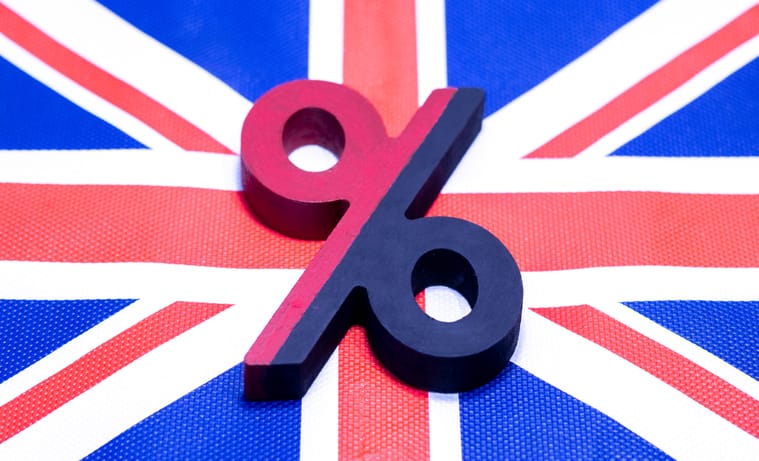
The UK economy is currently facing challenges that could be alleviated by reducing interest rates. High borrowing costs impact various sectors, especially the housing market and its associated industries. Lowering interest rates could provide relief to homeowners, stimulate economic activity, and support businesses connected to the property market.
Impact on the Mortgage Market
High interest rates directly affect the mortgage market. When rates are elevated, borrowing becomes more expensive, leading to higher monthly payments for homeowners. This situation discourages potential buyers, resulting in a slowdown in property sales. For instance, with the Bank of England's base rate at 4.5% as of February 2025, many prospective homeowners find it challenging to afford new mortgages.
A sluggish housing market has a ripple effect on related industries. Mortgage brokers experience a decline in clients seeking loans, which reduces their income. Estate agents face fewer property transactions, leading to decreased commissions. Surveyors and solicitors, who rely on property sales for business, also see a downturn in demand for their services.
Supporting Supplementary Businesses
The property market supports a wide range of supplementary businesses. Surveyors assess property values and conditions, estate agents facilitate buying and selling, and solicitors handle legal aspects of transactions. When the housing market slows due to high interest rates, these professions suffer.
“Lowering interest rates can rejuvenate the housing market by making mortgages more affordable,” explains Dave Beard of price comparison, Lending Expert. “This change encourages more people to buy homes, increasing activity in the property sector. As a result, surveyors, estate agents, and solicitors would see a boost in demand for their services, leading to economic growth in these areas.”
Current Interest Rates and Economic Implications
As of February 2025, the Bank of England has set the base interest rate at 4.5%. This rate influences borrowing costs across the economy, including mortgages, personal loans, and business financing. High interest rates can lead to reduced consumer spending and business investments, as borrowing becomes more expensive.
The Case for Lowering Interest Rates
Reducing interest rates can provide several benefits to the UK economy, explains this article from the BBC:
Stimulating the Housing Market: Lower mortgage rates make homeownership more accessible, leading to increased property sales and benefiting related industries.
Encouraging Consumer Spending: With reduced borrowing costs, consumers are more likely to take out loans for significant purchases, boosting economic activity.
Supporting Business Investments: Affordable financing enables businesses to invest in growth opportunities, leading to job creation and economic expansion.
However, it's essential to balance interest rate cuts with inflation control. While lower rates can stimulate growth, they can also lead to higher inflation if not managed carefully. The Bank of England must consider these factors to ensure economic stability.
Conclusion
The UK economy could benefit from lower interest rates, particularly in revitalizing the housing market and supporting associated industries. By making borrowing more affordable, consumers and businesses are more likely to spend and invest, leading to economic growth. Policymakers must weigh the advantages of reduced rates against potential inflationary pressures to maintain a stable economic environment.


